NIL
Boilermaker Alliance to fold, signaling shift in Purdue NIL strategy
RIP, Boilermaker Alliance. CEO Dave Neff posted on LinkedIn on Monday that Purdue’s independent NIL arm will cease to exist when the revenue share era commences on July 1. The release began: “In response to the transformative House v. NCAA settlement, Boilermaker Alliance, a leading force in supporting Purdue student-athletes, will sunset its Name, Image, […]
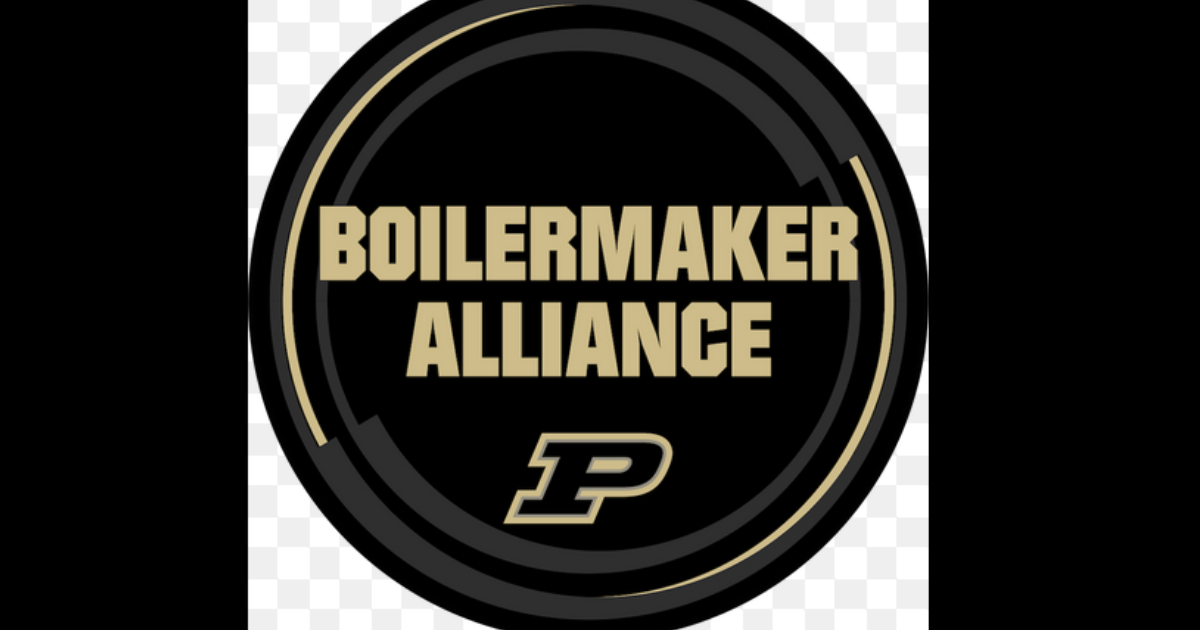
RIP, Boilermaker Alliance.
CEO Dave Neff posted on LinkedIn on Monday that Purdue’s independent NIL arm will cease to exist when the revenue share era commences on July 1.
The release began: “In response to the transformative House v. NCAA settlement, Boilermaker Alliance, a leading force in supporting Purdue student-athletes, will sunset its Name, Image, and Likeness (NIL) activities effective June 30, 2025, marking the end of a groundbreaking chapter in collegiate athletics.”
“I want to sincerely thank the Executive Board of Directors of Boilermaker Alliance for allowing me a chance to be part of this transformative experience as well as the Athlete Advisory Board for all their support,” Neff posted on LinkedIn. “To my colleagues in Purdue University’s Athletic Department as well as the Board of Trustees, thank you for all your collaboration and partnership during these turbulent times.”
Boilermaker Alliance was formed in July 2022, spearheaded by Jeff McKean.
“Boilermaker Alliance has been a game-changer for our student-athletes during a transformative time in college sports,” Purdue AD Mike Bobinski said in the statement. “Their leadership and creativity has positioned Purdue athletics for continued success, and we are deeply grateful for the impact their work has had on our program.”
College sports will enter the “rev share” era beginning on July 1, when schools can fund as much as $20.5 million to pay directly to athletes.
What’s next to replace Boilermaker Alliance to help athletes earn money beyond rev share? Earlier this month, Purdue announced the creation of Boiler BrandWorks. It is billed by the athletic department as “an in-house student-athlete marketing and brand-building unit.”
The mission? To work directly with athletes to develop their personal brands and source meaningful NIL partnerships with donors, alumni, and businesses—both locally and nationally.
The new College Sports Commission will assume enforcement responsibilities of NIL, with the accounting firm Deloitte involved in auditing NIL deals, which must be reported via an app.
MORE: Purdue AD Mike Bobinski discusses post-House Settlement landscape: Five things to know
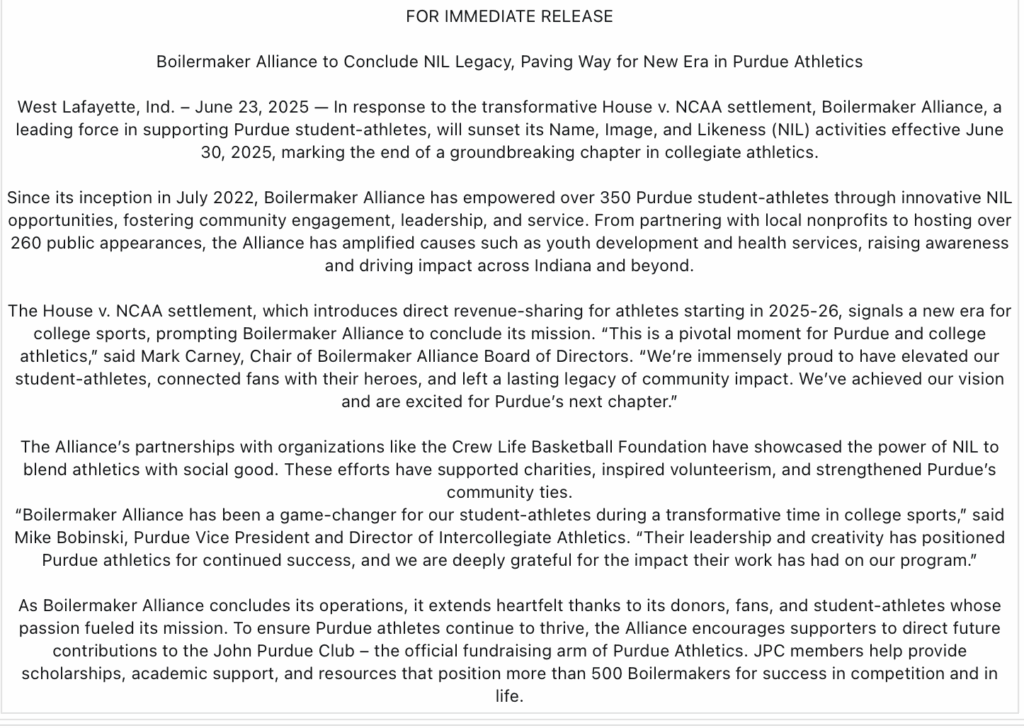
NIL
President Donald Trump signs executive order related to college sports
Share Tweet Share Share Email President Donald Trump signed an executive order on Thursday related to college sports and NIL. The executive order, which is titled “President Donald J. Trump Saves College Sports,” is intended to help enforce new provisions on athletic scholarships and “pay-for-play” licensing deals for […]

President Donald Trump signed an executive order on Thursday related to college sports and NIL.
The executive order, which is titled “President Donald J. Trump Saves College Sports,” is intended to help enforce new provisions on athletic scholarships and “pay-for-play” licensing deals for athletes.
Here is an excerpt from ESPN:
Trump’s order sets out specific guidelines for preserving athletic scholarships based on an athletic department’s annual revenue. It also declares that schools should not permit athletes to accept “third-party, pay-for-play payments.” The order states that Secretary of Education Linda McMahon should use future federal funding decisions among other tools to force schools to abide by the administration’s policy.
The NCAA always has prohibited pay-for-play payment from third parties. In the past several years, college sports leaders have struggled to find ways to stop boosters at the industry’s wealthiest schools from paying athletes via contracts that are endorsement deals on paper but function in reality as de facto salaries.
“A national solution is urgently needed to prevent this situation from deteriorating beyond repair and to protect non-revenue sports, including many women’s sports, that comprise the backbone of intercollegiate athletics,” Trump stated in the order.
The executive order states that endorsement deals from third parties should continue to be permitted so long as they reflect a “fair market value.”
Arkansas head coach John Calipari spoke out about the executive order, saying he is “encouraged” by the move:
I am encouraged by the President’s executive order today. This is an important step forward and will create opportunity for meaningful dialogue and movement toward a clearer picture of college athletics for everyone.
As we move forward, we must continue to do what’s right for…
You can read the actual executive order here

NIL
Copy of Trump signs order to clarify college athletes’ employment status amid NIL chaos :: WRALSportsFan.com
By WILL WEISSERT, Associated Press WASHINGTON — WASHINGTON (AP) — President Donald Trump on Thursday signed an executive order mandating that federal authorities clarify whether college athletes can be considered employees of the schools they play for in an attempt to create clearer national standards in the NCAA’s name, image and likeness era. Trump directed […]

WASHINGTON — WASHINGTON (AP) — President Donald Trump on Thursday signed an executive order mandating that federal authorities clarify whether college athletes can be considered employees of the schools they play for in an attempt to create clearer national standards in the NCAA’s name, image and likeness era.
Trump directed the secretary of labor and the National Labor Relations Board to clarify the status of collegiate athletes through guidance or rules “that will maximize the educational benefits and opportunities provided by higher education institutions through athletics.” The order does not provide or suggest specifics on the controversial topic of college athlete employment.
The move comes after months of speculation about whether Trump will establish a college sports commission to tackle some of the thorny issues facing what is now a multibillion-dollar industry. He instead issued an order intended to add some controls to “an out-of-control, rudderless system in which competing university donors engage in bidding wars for the best players, who can change teams each season.”
“Absent guardrails to stop the madness and ensure a reasonable, balanced use of resources across collegiate athletic programs that preserves their educational and developmental benefits, many college sports will soon cease to exist,” Trump’s order says. “It is common sense that college sports are not, and should not be, professional sports, and my administration will take action accordingly.”
There has been a dramatic increase in money flowing into and around college athletics and a sense of chaos. Key court victories won by athletes angry that they were barred for decades from earning income based on their celebrity and from sharing in the billions of revenue they helped generate have gutted the amateurism model long at the heart of college sports.
Facing a growing number of state laws undercutting its authority, the NCAA in July 2021 cleared the way for athletes to cash in with NIL deals with brands and sponsors — deals now worth millions. That came mere days after a 9-0 decision from the Supreme Court that found the NCAA cannot impose caps on education-related benefits schools provide to their athletes because such limits violate antitrust law.
The NCAA’s embrace of NIL deals set the stage for another massive change that took effect July 1: The ability of schools to begin paying millions of dollars to their own athletes, up to $20.5 million per school over the next year. The $2.8 billion House settlement shifts even more power to athletes, who have also won the ability to transfer from school to school without waiting to play.
At Big Ten Conference football media days in Las Vegas, Purdue coach Barry Odom was asked about the Trump order.
“We’ve gotten to the point where government is involved. Obviously, there’s belief it needs to be involved,” he said. “We’ll get it all worked out. The game’s been around for a hundred years and it’s going to be around 100 more.”
The NCAA has been lobbying for several years for limited antitrust protection to keep some kind of control over this new landscape — and avoid more crippling lawsuits — but a handful of bills have gone nowhere in Congress. Trump’s order makes no mention of that, nor does it refer to any of the current bills in Congress aimed at addressing issues in college sports.
NCAA President Charlie Baker and the nation’s largest conferences both issued statements saying there is a clear need for federal legislation.
“The association appreciates the Trump administration’s focus on the life-changing opportunities college sports provides millions of young people and we look forward to working with student-athletes, a bipartisan coalition in Congress and the Trump administration,” said Baker, while the conferences said it was important to pass a law with national standards for athletes’ NIL rights as soon as possible.
The 1,100 universities that comprise the NCAA have insisted for decades that athletes are students who cannot be considered anything like a school employee. Still, some coaches have recently suggested collective bargaining as a potential solution to the chaos they see.
It is a complicated topic: Universities would become responsible for paying wages, benefits, and workers’ compensation and schools and conferences have insisted they will fight any such move in court. While private institutions fall under the National Labor Relations Board, public universities must follow labor laws that vary from state to state and it’s worth noting that virtually every state in the South has “right to work” laws that present challenges for unions.
Trump’s order also:
— Calls for adding or at least preserving athletic scholarships and roster spots for non-revenue sports, which are those outside football and basketball. The House settlement allows for unlimited scholarships but does impose roster limits, leading to a complicated set of decisions for each program at each school that include potential concerns about Title IX equity rules. Trump said “opportunities for scholarships and collegiate athletic competition in women’s and non-revenue sports must be preserved and, where possible, expanded.”
— Asks the Justice Department and Federal Trade Commission to “preserve college athletics through litigation” and other actions to protect the rights and interests of athletes — a stance that could influence ongoing lawsuits filed by athletes over eligibility and other issues.
— Directs White House staff to work with the U.S. Olympic and Paralympic Committee to protect the collegiate pipeline feeding Team USA. College sports programs produce around three-quarters of U.S. Olympians at a typical Summer Games, but some are on uncertain footing as schools begin sharing revenue with athletes and the lion’s share going to football and basketball.
___
AP National Writer Eddie Pells contributed.
___
AP college sports: https://apnews.com/hub/college-sports
NIL
Trump signs order to clarify college athletes’ employment status
By WILL WEISSERT, Associated Press WASHINGTON (AP) — President Donald Trump on Thursday signed an executive order mandating that federal authorities clarify whether college athletes can be considered employees of the schools they play for in an attempt to create clearer national standards in the NCAA’s name, image and likeness era. Trump directed the secretary of labor and the […]

By WILL WEISSERT, Associated Press
WASHINGTON (AP) — President Donald Trump on Thursday signed an executive order mandating that federal authorities clarify whether college athletes can be considered employees of the schools they play for in an attempt to create clearer national standards in the NCAA’s name, image and likeness era.
Trump directed the secretary of labor and the National Labor Relations Board to clarify the status of collegiate athletes through guidance or rules “that will maximize the educational benefits and opportunities provided by higher education institutions through athletics.” The order does not provide or suggest specifics on the controversial topic of college athlete employment.
The move comes after months of speculation about whether Trump will establish a college sports commission to tackle some of the thorny issues facing what is now a multibillion-dollar industry. He instead issued an order intended to add some controls to “an out-of-control, rudderless system in which competing university donors engage in bidding wars for the best players, who can change teams each season.”
NIL
The Clemson Insider
CHARLOTTE — After a career year a season ago, Antonio Williams seriously considered forgoing his senior season at Clemson and making the move to the NFL. Williams was a catalyst for the resurgent Tigers’ offense last season, recording 75 receptions for 904 yards with 11 touchdown catches, leading the team in all three categories. After […]

CHARLOTTE — After a career year a season ago, Antonio Williams seriously considered forgoing his senior season at Clemson and making the move to the NFL.
Williams was a catalyst for the resurgent Tigers’ offense last season, recording 75 receptions for 904 yards with 11 touchdown catches, leading the team in all three categories. After that kind of season, it would have been understandable had he decided to enter the NFL Draft.
However, Williams wasn’t pleased with some of the feedback he was getting and ultimately decided to return for one more go around at Clemson.
“I had to really sit down and think about what was best for my future,” Williams told The Clemson Insider. “I didn’t like some of the grades I was getting back from the draft. I didn’t want to settle and just go be a draft pick just because I could. I have a level of expectation for myself of where I want to go and what type of player I think I am. That was the biggest thing coming back.”
There is a risk/reward involved with coming back due to the ever-existent possibility of an injury. After missing most of his sophomore campaign for that very reason, it’s something Williams is more than familiar with.
At the end of the day, Williams decided the risk was worth the reward because he feels that he has unfinished business with the Tigers.
“Wanting to be remembered and build a great legacy here,” Williams added. “I want to leave the receiver room better than I found it.”
Then there is the money factor. With the advent of NIL and a new revenue-sharing model that took effect on July 1, Williams is going to be well compensated for his final season at Clemson, and depending on where he might have been picked, possibly being paid even more than he would have next season had he decided to enter the draft.
“For sure. When you look at the numbers and things like that, if we couldn’t make any money in college, then obviously, if you are in it for money, then there would be no question of going to the NFL,” Williams said. “You can actually profit off your NIL in college and that is great.”
NIL
Cumberland partners with Opendorse to launch NIL program
Cumberland is partnering with Opendorse to enhance its efforts surrounding name, image and likeness (NIL), providing Phoenix student-athletes the tools and resources needed to build their personal brand and capitalize on new opportunities. Opendorse is a leading NIL platform and marketplace in college athletics, helping student-athletes connect with brands, fans and donors to monetize their […]
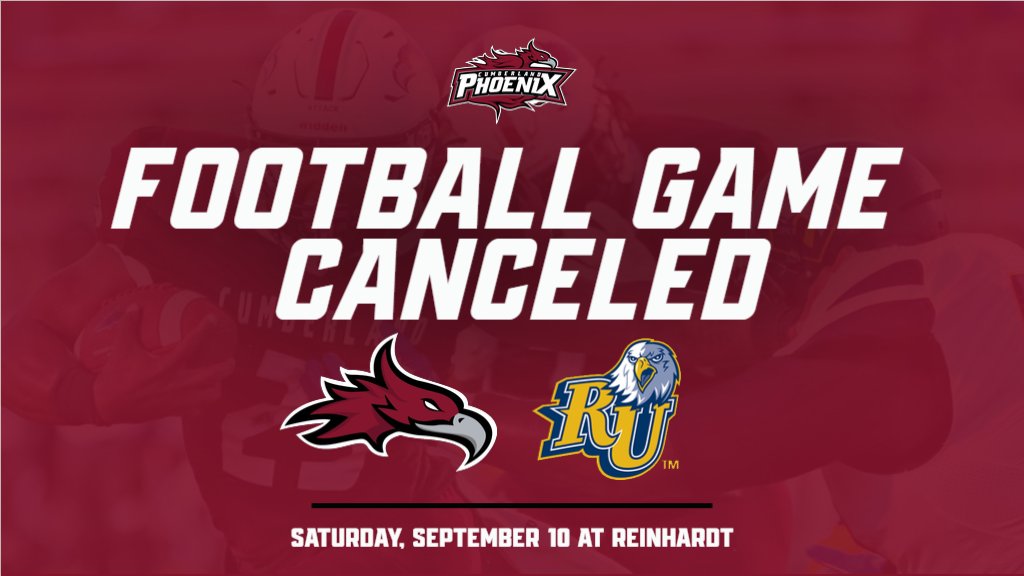
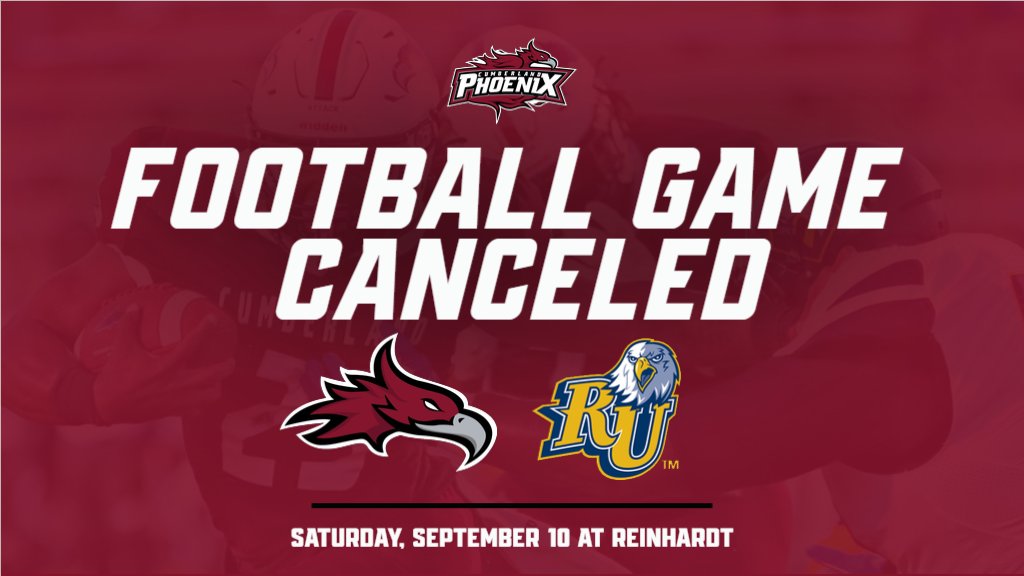
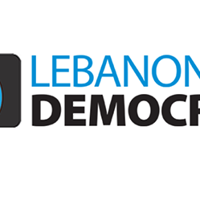
Cumberland is partnering with Opendorse to enhance its efforts surrounding name, image and likeness (NIL), providing Phoenix student-athletes the tools and resources needed to build their personal brand and capitalize on new opportunities.
Opendorse is a leading NIL platform and marketplace in college athletics, helping student-athletes connect with brands, fans and donors to monetize their name, image and likeness. With this partnership, Cumberland student-athletes will gain access to a suite of tools through the Opendorse platform including education, compliance resources and marketing opportunities to support NIL growth.
NIL
What to know about Donald Trump's executive order on NIL and college sports
President Donald Trump on Thursday issued an executive order titled “SAVING COLLEGE SPORTS,” a directive aimed at regulating the rapidly shifting landscape in college sports. Since 2021, college athletes have been able to profit off their name, image and likeness after a Supreme Court ruling on antitrust laws went in favor of the athletes. In […]

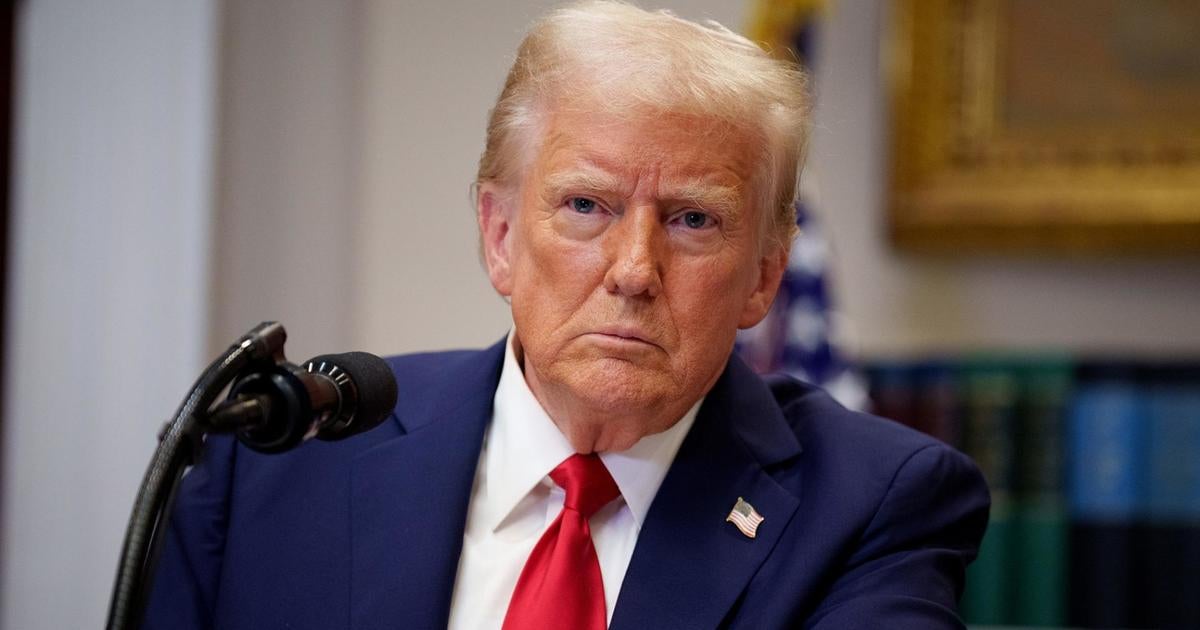
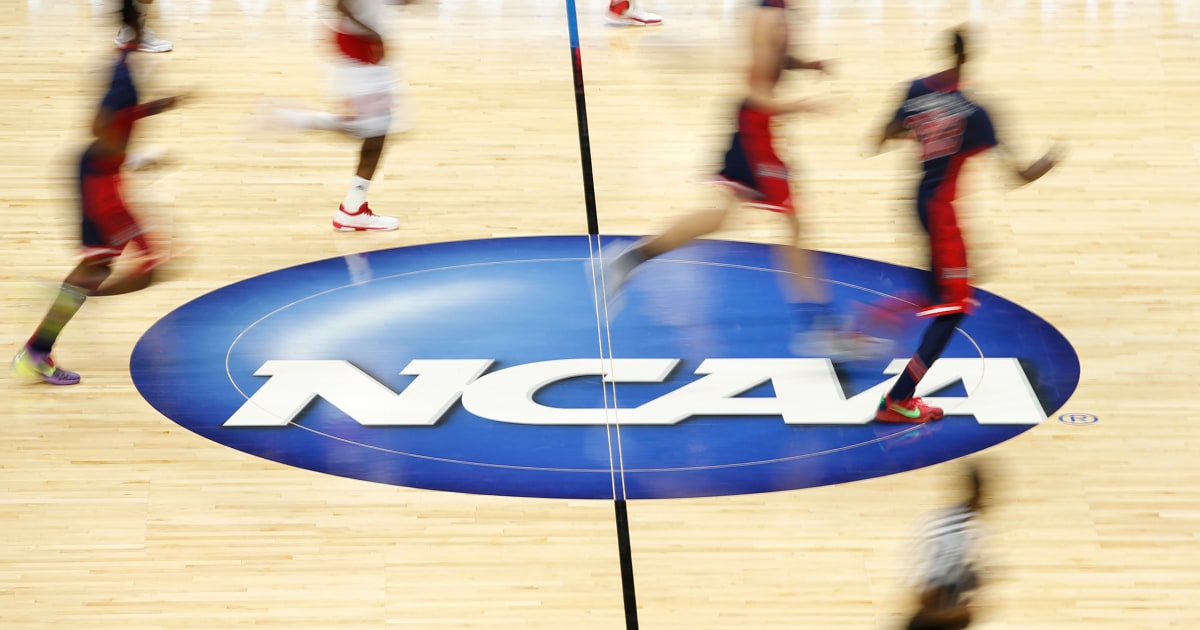
President Donald Trump on Thursday issued an executive order titled “SAVING COLLEGE SPORTS,” a directive aimed at regulating the rapidly shifting landscape in college sports.
Since 2021, college athletes have been able to profit off their name, image and likeness after a Supreme Court ruling on antitrust laws went in favor of the athletes. In the ensuing years, players have been able to get paid legally via third parties, and after a separate lawsuit was settled in June, athletes can now also be paid directly by their schools.
The NIL era, however, has raised a variety of concerns for both schools and athletes, with issues ranging from maintaining equality in women’s sports to a potential push for collective bargaining between athletes and their respective colleges.
Trump’s order, which is not itself a law, essentially calls for an implementation of policies that are widely viewed as NCAA (as opposed to athlete) friendly.
Here’s what to know.
What exactly does Trump’s order call for?
Trump’s order said that, in the wake of legislation that allows athletes to be compensated and transfer freely between schools, “the future of college sports is under unprecedented threat.”
The EO goes on to say that the recent rulings have unleashed “a sea change that threatens the viability of college sports” and more guardrails are needed to ensure a fairer system.
So, what would Trump like to see? The order calls for the following:
- Prohibiting third parties from engaging in direct “pay-for-play” payments to athletes, which the order deems improper. Currently, school boosters can sign players to multimillion-dollar NIL deals that are widely viewed as a workaround to directly paying players to attend a certain university. Trump’s order says players should only earn “fair market value” for a legitimate service to a third party, such as a brand endorsement. Advocates for athletes say this would impose a cap on their earnings.
- Protections on scholarships for nonrevenue sports, requiring schools to maintain or increase scholarships for such sports, depending on the revenue of their athletic departments. This would be a measure largely to protect Olympic sports and women’s sports from potential decreases in funding as more money goes to revenue-generating athletes in football and basketball.
- A clarification from the National Labor Relations Board on the employment status of athletes “that will maximize the educational benefits and opportunities provided by higher education institutions through athletics.” During the Biden administration, the NLRB issued a memo stating that certain college athletes should be considered employees. That memo was rescinded earlier this year, and now Trump is seeking to codify athletes as non-employees, which would almost certainly take away any opportunity they have to collectively bargain with schools.
- Protections for the NCAA from lawsuits by athletes. The NCAA has been lobbying for these protections for many years, as many of the big changes in college athletics have come as the result of antitrust lawsuits. Protections against further court cases would allow the NCAA to enforce its rules on issues such as transfers and third-party payments without fear of them being upended by another court ruling.
What does this all mean for the immediate future?
Nothing immediately.
Trump cannot unilaterally impose rules in this scenario. His executive order also comes as the House tries to push through the SCORE Act, a bipartisan piece of legislation that is aligned with much of Trump’s executive order. The SCORE Act has moved through committee and can be debated on the House floor when representatives return from recess in September.
Meanwhile, there has been a bipartisan push in the Senate to introduce its version of legislation regarding college athletes, with Sen. Ted Cruz, R-Texas, and Sen. Cory Booker, D-N.J., among those involved.
“The many challenges facing college sports are important and complex,” Sen. Maria Cantwell, D-Wash., said in a statement to NBC News. “The Executive Order recognizes the importance of preserving Olympic sports, women’s sports, and maintaining competitiveness for big and small schools alike. I’m disappointed that the President abandoned his earlier plan for a commission to examine all the issues facing college sports. We need a sustainable future for college sports, not a future dominated by the biggest and wealthiest schools who can write their own rules without accountability.”
-

 College Sports2 weeks ago
College Sports2 weeks agoWhy a rising mid-major power with an NCAA Tournament team opted out of revenue-sharing — and advertised it
-

 Sports2 weeks ago
Sports2 weeks agoNew 'Bosch' spin
-

 Fashion2 weeks ago
Fashion2 weeks agoEA Sports College Football 26 review – They got us in the first half, not gonna lie
-
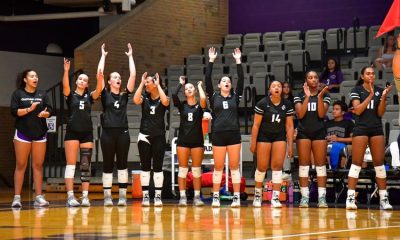
 Sports1 week ago
Sports1 week agoVolleyball Releases 2025 Schedule – Niagara University Athletics
-

 Sports3 weeks ago
Sports3 weeks agoE.l.f Cosmetics Builds Sports Marketing Game Plan Toward Bigger Goals
-

 Health2 weeks ago
Health2 weeks agoCAREGD Trademark Hits the Streets for Mental Health Month
-
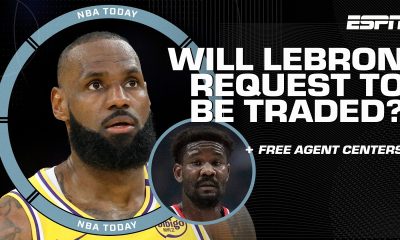
 Youtube3 weeks ago
Youtube3 weeks agoWill LeBron James request a trade? 🤔 Windy says MULTIPLE TEAMS would make offers 👀 | NBA Today
-
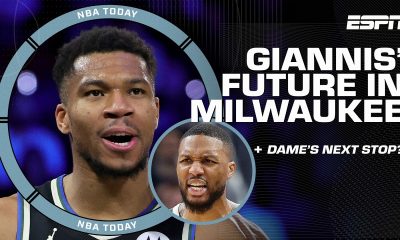
 Youtube2 weeks ago
Youtube2 weeks agoWill Giannis DEPART Milwaukee⁉️ + How signing Turner & waiving Dame impacts the Bucks | NBA Today
-

 College Sports2 weeks ago
College Sports2 weeks agoBuford DB Tyriq Green Commits to Georgia
-
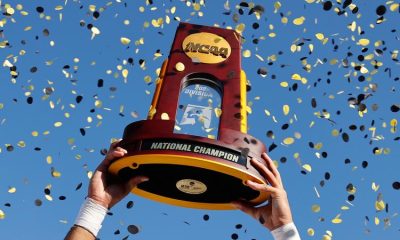
 Sports2 weeks ago
Sports2 weeks agoNew NCAA historical database provides wealth of information on championships




























